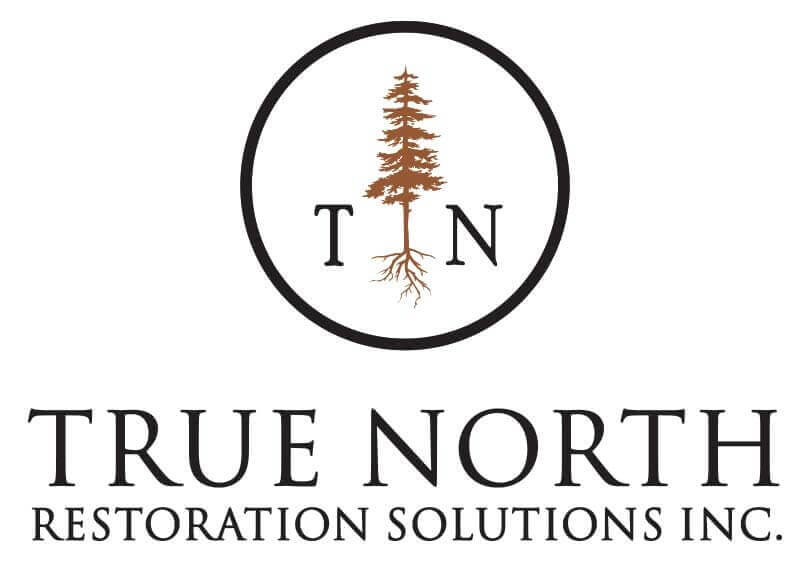Tips for Preventing Log Home Decay and Rotting
Log homes are just like any other home, they need maintenance after a while. One of the most common problems that log homeowners face is rot and decay. Log home rot repair can be an expensive and time-consuming process. But, with the right prevention techniques, it can be avoided altogether. In this post, we’ll share some tips for preventing log home rot and decay.
Logs Need to Remain Dry
One of the main causes of log rot is moisture. Logs that are wet or damp will begin to decay over time. To prevent this, it’s important to keep your logs dry. Make sure your roof is in good condition and that there are no leaks. If you notice any areas where water is pooling, take steps to divert it away from your home. Additionally, make sure your gutters and downspouts are clear of debris and functioning well.
Drainage System
In addition to keeping your logs dry, it’s important to maintain proper drainage around your log home. This means ensuring that the ground around your home slopes away from the foundation, and that you have a drainage system in place. If you notice any standing water near your home, take steps to address it immediately.
Inspect Logs Often
Inspecting your logs for signs of rot and decay is essential to being proactive. The most obvious issues are holes, splits, or weak spots in the wood. Before trying to repair anything yourself, consult with a professional. A lot of companies offer a free consultation service for any advice. Call a team to see the best course of action before you try to do anything.
Staining & Sealing
Log home staining and sealing your logs is an important step in preventing rot and decay. At True North Restoration, only the highest quality products are used. Meaning, if you want the most from your log home, you would trust our team for service. Being a top-trusted log home company in Ontario, there isn’t a log home restoration job we wouldn’t do.
Don’t Ignore Early Stages of Issues
If you notice any signs of rot or decay, it’s important to address them right away. Log home rot repair can be expensive, but the longer you wait, the more extensive the damage can become.
Summary | Tips for Preventing Log Home Decay and Rotting
In conclusion, preventing log home rot and decay requires regular maintenance and upkeep. By doing all the pointers above, you can help ensure that your log home remains in good condition for years to come. If you do encounter any issues with rot or decay, contact a professional log home restoration company. This way, they can be proactive and reduce the costs you deal with down the road.
